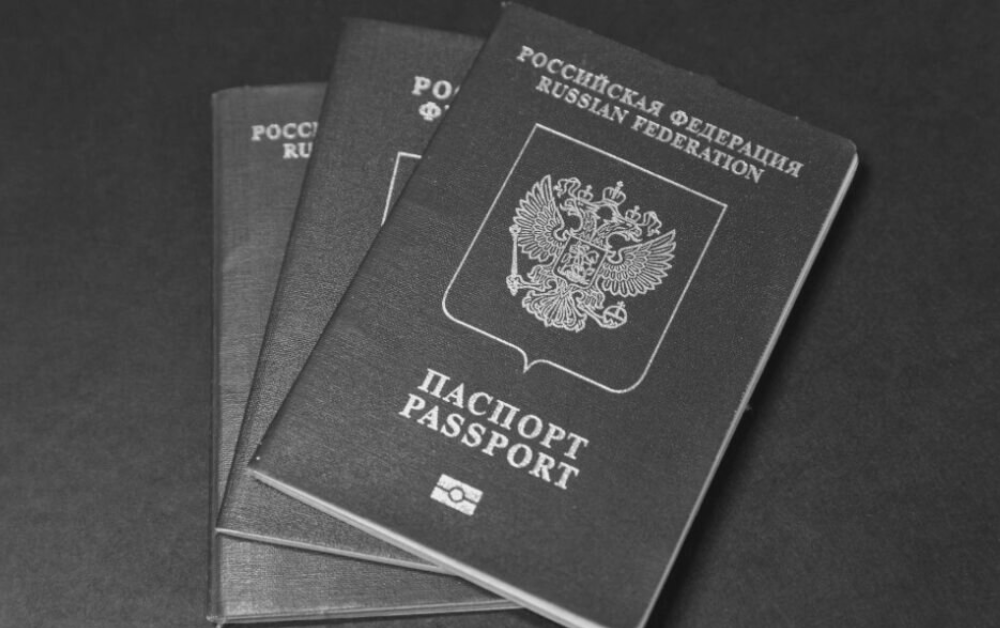Latvian Foreign Minister Baiba Braže has asked all EU countries to suspend the issuing of visas to Russian citizens, justifying the proposal with alleged security risks linked to sabotage and clandestine operations organised by Moscow. Behind the announcement, however, there is not only the security issue: there is a political and ideological leap that risks starting a war against Russian citizens in Europe.
According to Braže, the number of Schengen visas issued to Russian citizens increased by 25 per cent in 2024. This figure alone means nothing. The vast majority of those visas are granted for family, humanitarian or study reasons to ordinary people. But public discourse increasingly tends to associate Russian passports and ‘hybrid threat’, in a very dangerous simplification.
This is not the first time that Latvia, Lithuania, Estonia and Poland have taken restrictive measures against Russians. In fact, since 2022 these countries have banned Russian citizens from entering the country for tourist purposes. But the idea of a total visa ban at EU level would be a further step: it would go from individual selection to systematic suspicion. A collective sanction disguised as an EU-wide security measure.
The paradox is obvious: while the EU defends the right to free information, free movement of people and protection of individual rights, it entertains the idea of discriminating against millions of people on the basis of citizenship alone. And all this, while among those citizens are students, relatives of refugees, artists and even Russian citizens who do not agree with Moscow’s policy. People who risk becoming victims of the European securitarian obsession.
The visa ban will not stop secret agents, who have quite different channels to enter Europe. But it will hit those who could build bridges, and not walls. Latvia, with the silent complicity of other Baltic states and Poland, is pushing Europe towards a legalised Russophobia, where rights only apply if you have the right passport.
If Europe really wants to distinguish itself from what it criticises, then it must always do so. Because if it is imperative for the EU to respect rights, there can be no discrimination based on citizenship and nationality.











